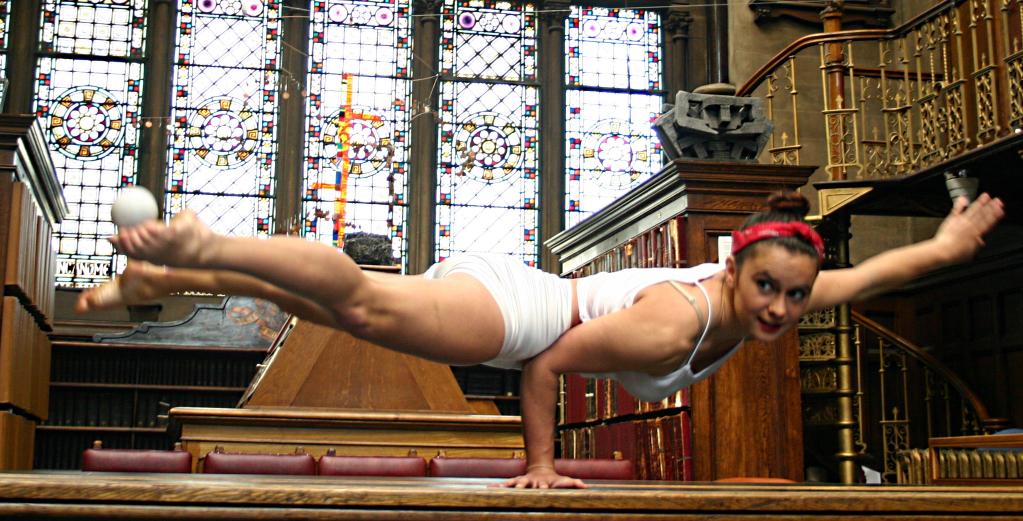For example, take the laudable ambition that as many young people as possible achieve a grade C at GCSE English and Maths to support them in their future careers. What that has meant in reality is schools have focused their attention preferentially on English and Maths for the D/C borderline students. No point focusing on those working at a grade or two below D (they might not reach that C), and no need to push those at C or above (they've already reached the required level).
Or how about
So many apparently good ideas in education have these unintended consequences because nowadays, not doing well in those League Tables for even one year can lead to a summary dismissal of Headteacher, governing body and academisation in a short space of time. Even though Ofqual quite helpfully point out (pdf) that even if everything is kept the same there will be natural variation in the results of a school from year to year.
Which brings me to Progress 8, Triple Science, and A-level Physics.
Progress 8 is, I think, an excellent attempt to encourage schools to focus on supporting all young people. At its heart progress 8 will rewards schools for every grade improvement that their students make; from F to E or from A to A* (of the appropriate numerical grades). However, the potentially unintended consequence is that there is little benefit to a school, of allowing students to take more than 8 GCSEs, no matter how many GCSEs students take, only the best 8 will count for accountability purposes. Actually, that's not quite true, a student must sit English Literature and English Language if the best English grade is to be double weighted. So what do I think are the likely unintended consequences of progress 8 for Science*?
- The number of students taking three separate sciences from 2017 will decrease. When a student has only got a choice of 6 subjects, using three of them for separate sciences could be seen to be too narrowing - especially as A-levels teachers can't assume that students have all taken the separate sciences, so must use double science as their starting point**.
- The number of students taking Physics at A-level will decrease as the number of students taking GCSE Physics also decreases. This will be exacerbated by more schools allowing students to take only 3 A-levels, and given the gender imbalance in the number of students taking AS into A2 physics, likely to lead to a decrease in the number of girls taking A-level Physics.
*I also think that there will be a large rise in the number of U's in English Literature (or possibly English Language given the greater focus on SPAG in the new GCSEs). Students don't have to pass both qualifications for the double weighting, just enter them so there could be the temptation for schools to enter students, but not teach the qualification.
** An interesting piece of analysis from the National Pupil Database would be to see how many students studying A-level sciences did separate sciences and how many did Core and Additional science.
UPDATE: Thanks to Frances Wilson (@fflwilson) who directed me to research carried out by Cambridge Assessment in 2013 (pdf pg 15) which showed that around 46% of students taking triple science at GCSE went on to study A-level sciences compared with 13% of students taking core+additional.
Helen Rogerson @HRogerson pointed out that the year 13 who have just received their A-levels were in year 9 when the Ebac was announced. Some schools altered their curriculum offer following this. This could explain the slight reduction in the number of entrants for A-level Chem, Phys and Bio seen in the results this year. Yet more unintended consequences.



